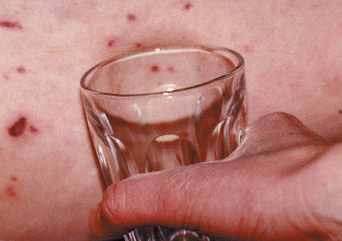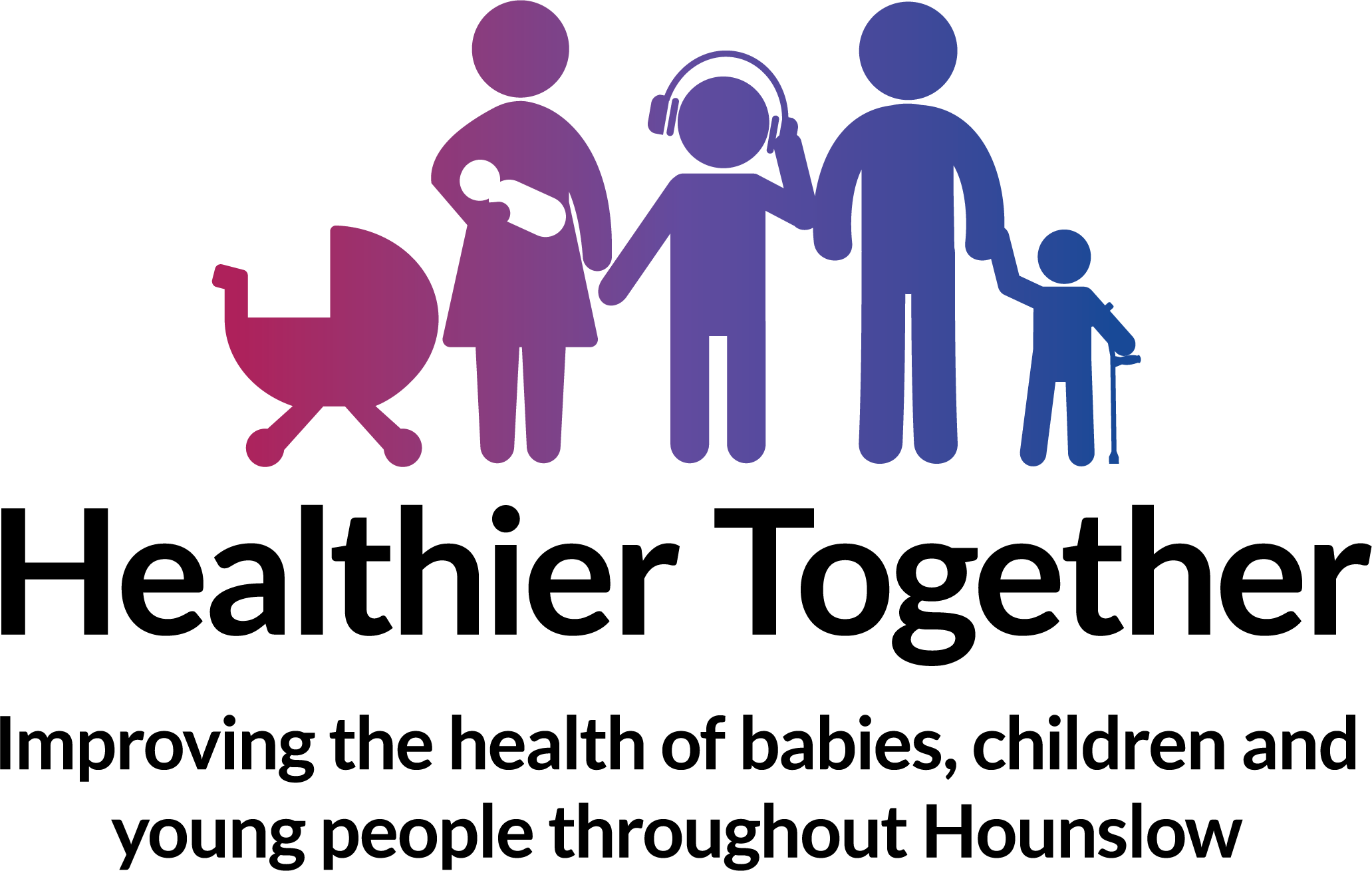For information on Covid-19, see this page.
Fever
Advice for professionals
When should you worry?
If your child has any of the following:
- Becomes pale, mottled and feels abnormally cold to touch
- Is going blue around the lips
- Severe breathing difficulty - too breathless to talk / eat or drink
- Has a fit / seizure
- Becomes extremely agitated (crying inconsolably despite distraction), confused or very lethargic (difficult to wake)
- Develops a rash that does not disappear with pressure (see the ‘Glass Test’)
- Is under 3 months of age with a temperature of 38°C / 100.4°F or above (unless fever in the 48 hours following vaccinations and no other red or amber features)
You need urgent help
Go to the nearest Hospital Emergency (A&E) Department or phone 999
If your child has any of the following:
- Is finding it hard to breathe
- Seems dehydrated (sunken eyes, drowsy or no urine passed for 12 hours)
- Is becoming drowsy (excessively sleepy) or irritable (unable to settle them with toys, TV, food or picking up) – especially if they remain drowsy or irritable despite their fever coming down
- Has extreme shivering or complains of muscle pain
- Is 3-6 months of age with a temperature of 39°C / 102.2°F or above (but fever is common in babies up to 2 days after they receive vaccinations)
- Continues to have a fever of 38.0°C / 100.4°F or more for more than 5 days
- Seems to be getting worse or if you are worried
You need to contact a doctor or nurse today
Please ring your GP surgery or call NHS 111 - dial 111
- If none of the above features are present
Self care
Using the advice below you can provide the care your child needs at home
This guidance was last reviewed 20/12/2024.
- Keep your baby/child as comfortable as possible. Consider giving paracetamol or ibuprofen for comfort
- Offer them simple food and regular drinks. Where a baby is breastfed, continue breast feeding
- If they are vomiting, offer small frequent drinks as this is more likely to stay down
- Do not try to control your child’s temperature with tepid sponging or fans. How to take temperature
- Keep an eye on your child day and night and follow the guidance overleaf
- If a rash appears do “the glass test” (see guidance below)
- Fever is common in babies up to 48 hours after receiving immunisations - consider giving regular paracetamol. If your child is due their vaccinations, postpone until after their fever has improved
- If you need to keep your child away from nursery or school while they are unwell and have a fever please notify the nursery or school
Most children with a fever do get better very quickly but some children can get worse. You need to regularly check your child during the day and also through the night and follow the advice given below.
- Fever is extremely common in children and usually suggests that your child has an infection
- Your child has a fever if their temperature is over 38°C. The most accurate way of measuring your child’s temperature is with a digital thermometer
- Viral infections are far more common than bacterial infections. Symptoms such as runny nose, cough, wheeze, sore throat, red eyes and diarrhoea are more suggestive of a viral infection than a bacterial infection. If a number of people are unwell in the same household, this also suggests a viral infection (because viral infections are easily spread)
- Viral infections tend to get better on their own and do not need treatment with antibiotics
- If your child is distressed you should consider giving them paracetamol or ibuprofen to help them feel more comfortable. Use one and if your child has not improved 2-3 hours later you may want to try giving the other medicine. Do not give more than the maximum daily dose of either medicine
- However, remember that fever is a normal response that may help the body to fight infection and paracetamol/ibuprofen will not get rid of it entirely. Paracetamol and Ibuprofen bring down the temperature but do not treat the infection so whilst the child is unwell they will continue to get temperatures once the effects of the medication have worn off
- Carefully read the instructions on the medicine for dose and frequency
- You could ask your local pharmacist for more advice about medicines
- In general, we do not recommend cough medicines, as they are of limited clinical effectiveness

The Glass Test
Do the ‘glass test’ if your child has a rash. Press a glass tumbler firmly against the rash. If you can see the spots through the glass and they do not fade as you press the glass onto the skin then this is called a ‘non-blanching rash’. If you see this type of rash, whilst this doesn't mean your child is seriously unwell, please seek medical advice immediately. The rash is harder to see on dark skin so check paler areas, such as palms of the hands, soles of the feet and tummy.
(Photo courtesy of the Meningitis Research Foundation 2013)


